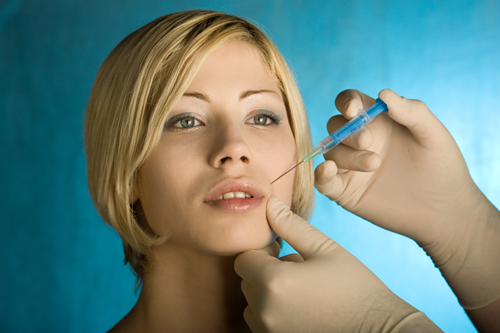A cosmetic procedure can be a significant decision, both physically and emotionally. For a safe and successful experience, it’s necessary to conduct thorough research and understand the steps involved in your procedure. From choosing a qualified plastic surgeon to preparing for recovery, this guide offers some insights on how to prioritize your safety.
What Should You Ask During a Cosmetic Surgery Consultation?
The consultation is one of the largest steps in your cosmetic surgery journey. It’s your opportunity to evaluate the surgeon’s expertise to make an informed decision. Here are key questions to ask:
- What are your qualifications? Confirm that the plastic surgeon is board-certified by a recognized medical board, such as the American Board of Plastic Surgery.
- How much experience do you have performing this procedure? A surgeon with extensive experience in your specific procedure is more likely to achieve your desired outcome safely.
- What are the risks and complications involved? Understanding potential risks will help you prepare physically and mentally.
- Can I see before-and-after photos of past patients? This helps you set realistic expectations and assess the surgeon’s capabilities.
- What steps do you take for patient safety? This can include the use of accredited facilities, proper sterilization, and clear surgical protocols.
Always trust your instincts during the consultation. If you feel uncomfortable or pressured, it’s a sign to explore other options.
What Safety Protocols Are Followed in Accredited Surgical Facilities?
The facility where your surgery will take place plays a significant role in your safety. Accredited surgical centers meet strict standards for the health and welfare of their patients. Here’s what you should look for:
- Sanitation and Sterilization Procedures: Confirm that the facility follows rigorous cleaning protocols to minimize the risk of infection.
- Emergency Preparedness: Accredited facilities are equipped with emergency medical equipment and trained staff ready to respond if complications arise.
- Qualified Anesthesia Providers: The presence of a licensed anesthesiologist or certified nurse anesthetist provides safe sedation practices.
- Postoperative Monitoring: Recovery areas should include skilled medical staff to monitor your condition immediately after surgery.
- Accreditation by Recognized Organizations: Look for certifications from organizations like the American Association for Accreditation of Ambulatory Surgery Facilities (AAAASF) or The Joint Commission.
Choosing an accredited facility demonstrates a commitment to patient safety and significantly reduces the risks associated with surgery.
How Can You Prepare for a Safe and Successful Recovery?
Proper preparation is necessary for a smooth recovery and achieving the best results from your procedure. Start by carefully following your surgeon’s preoperative instructions, which may include guidelines for medications, fasting, and lifestyle adjustments. These steps are designed to minimize complications so your body is ready for surgery. Taking the time to prepare a comfortable recovery space at home can also make the process easier. Set up an area with things like pillows, medications, and snacks within easy reach to minimize unnecessary movement during your recovery period.
Arrange for assistance immediately after surgery, as you’ll likely need help with tasks like transportation, meal preparation, and household duties. During your recovery, avoid physical strain and rest as much as possible until your surgeon gives you the green light to resume normal activities. Regular post-surgical appointments are also necessary for monitoring your progress and addressing any concerns promptly. Remember, recovery takes time, and symptoms like bruising, swelling, and discomfort are normal. Be patient with your healing process and follow your surgeon’s advice to manage symptoms effectively, allowing your body the time it needs to fully recover.
Consult a Plastic Surgeon
When thinking about a cosmetic procedure, the expertise of a qualified plastic surgeon is invaluable. A certified professional will guide you through each step of the process for your safety and satisfaction. Take the time to ask questions, understand the safety measures in place, and prepare thoroughly for recovery.
Are you thinking about taking the next step in your cosmetic surgery journey? Schedule a consultation with a board-certified plastic surgeon today to explore your options and learn more about the procedure. Your safety and confidence are worth it.
- Choosing the Right Plastic Surgeon for Your Cosmetic Procedure
- Understanding Different Types of Laser Treatments for Skin Rejuvenation
- Why a Family Dentist is Key for Maintaining Oral Health
- The Benefits of Regular Visits to a Wellness Spa
- Exploring the Emotional and Psychological Triggers of Eating Disorders


Leave a Reply